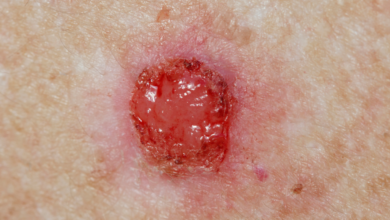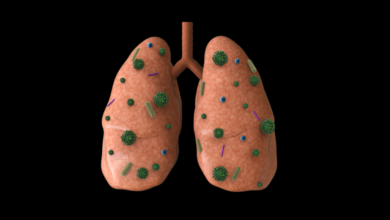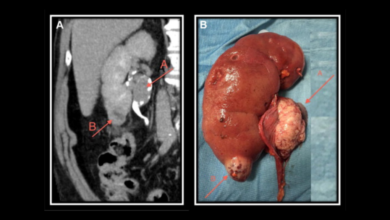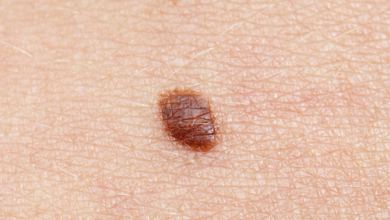Stomach Cancer: A Serious Health Concern
Stomach Cancer: Understanding the Risks, Symptoms, and Treatments
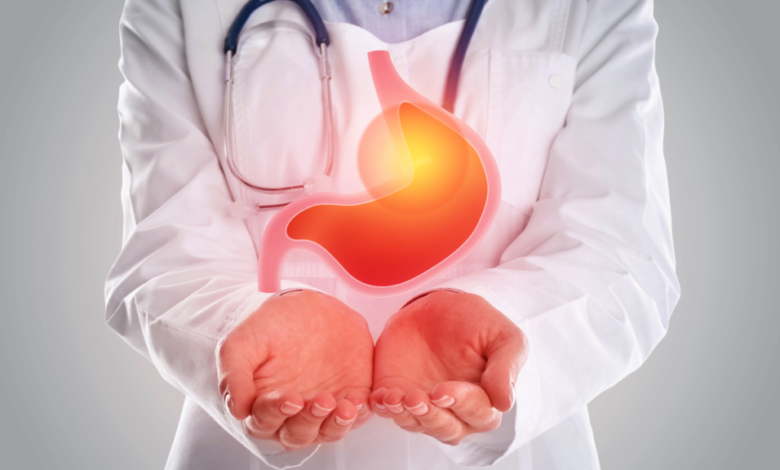
What is Stomach Cancer?
Stomach cancer, also known as gastric cancer, is a type of cancer that develops in the cells lining the stomach.
Types of Stomach Cancer
The most common type of stomach cancer is adenocarcinoma, which develops in the glandular cells that line the stomach.
Symptoms of Stomach Cancer
Early-stage stomach cancer often doesn’t cause any noticeable symptoms. However, as the cancer progresses, symptoms may include:
• Indigestion or heartburn
• Loss of appetite
• Nausea and vomiting
• Weight loss
• Feeling full quickly
• Abdominal pain or discomfort
• Blood in the stool or vomit
• Fatigue
Causes of Stomach Cancer
The exact causes of stomach cancer are not fully understood, but certain factors can increase the risk, including:
• Infection with Helicobacter pylori (H. pylori): This bacterium can cause chronic inflammation of the stomach lining, which can lead to cancer.
• Diet: A diet low in fruits and vegetables and high in smoked and salted foods can increase the risk.
• Smoking: Smoking can increase the risk of stomach cancer.
• Family history: A family history of stomach cancer can increase the risk.
• Certain genetic conditions: Certain genetic conditions, such as hereditary diffuse gastric cancer, can increase the risk.
Who Can Suffer from Stomach Cancer?
Anyone can develop stomach cancer, but it is more common in older adults and those with certain risk factors.
Diagnostic Tests for Stomach Cancer
To diagnose stomach cancer, a doctor may use a combination of tests, including:
• Endoscopy: A procedure to examine the inside of the stomach using a flexible tube with a light and camera.
• Biopsy: A small tissue sample is removed and examined under a microscope to confirm the diagnosis.
• Imaging tests: CT scans and MRIs can help determine the extent of the cancer.
Stages of Stomach Cancer
The staging of stomach cancer helps determine the extent of the disease and guides treatment decisions. The most common staging system is the TNM system, which considers the size of the tumor (T), the spread to nearby lymph nodes (N), and the presence of distant metastases (M).
Treatment of Stomach Cancer
The treatment for stomach cancer depends on the stage and type of cancer, as well as the patient’s overall health. Common treatment options include:
• Surgery: To remove the cancerous part of the stomach.
• Chemotherapy: To kill cancer cells throughout the body.
• Radiation therapy: To kill cancer cells with high-energy rays.
• Targeted therapy: To target specific molecules involved in cancer cell growth.
Diet and Stomach Cancer Prevention
While a specific diet cannot guarantee prevention of stomach cancer, a healthy diet can reduce the risk of certain risk factors. Here are some dietary recommendations:
• Limit processed meats: Consuming too much processed meat can increase the risk of stomach cancer.
• Eat a balanced diet: A diet rich in fruits, vegetables, and whole grains can help.
• Maintain a healthy weight: Obesity is linked to an increased risk of stomach cancer.
• Limit alcohol consumption: Excessive alcohol consumption can increase the risk of stomach cancer.
Diet and Stomach Cancer Prevention
While a specific diet cannot guarantee prevention of stomach cancer, a healthy diet can reduce the risk of certain risk factors. Here are some dietary recommendations:
• Limit processed meats: Consuming too much processed meat can increase the risk of stomach cancer.
• Eat a balanced diet: A diet rich in fruits, vegetables, and whole grains can help.
• Maintain a healthy weight: Obesity is linked to an increased risk of stomach cancer.
• Limit alcohol consumption: Excessive alcohol consumption can increase the risk of stomach cancer.
Overall Survival Rate of Stomach Cancer
The overall survival rate for stomach cancer varies depending on the stage of the cancer, the type of treatment received, and the individual’s overall health. Early detection and timely treatment significantly improve the prognosis.
Doctor to Consult
A gastroenterologist is the best doctor to consult for stomach cancer.
Diseases Associated with Stomach Cancer
Stomach cancer is often associated with other gastrointestinal conditions, including:
• Helicobacter pylori (H. pylori) infection: This bacterium can cause chronic inflammation of the stomach lining, increasing the risk of stomach cancer.
• Chronic gastritis: Long-term inflammation of the stomach lining.
• Pernicious anemia: A condition that affects the body’s ability to absorb vitamin B12.
How to Prevent Stomach Cancer
In addition to a healthy diet, the following strategies can help prevent stomach cancer:
• Limit alcohol consumption: Excessive alcohol consumption can increase the risk of stomach cancer.
• Quit smoking: Smoking is a major risk factor for stomach cancer.
• Regular check-ups: Regular check-ups can help detect any abnormalities early on.
• H. pylori eradication: Treatment for H. pylori infection can reduce the risk of stomach cancer.


